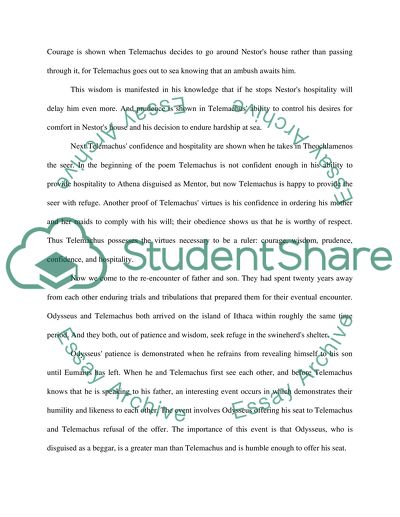Cite this document
(“Comparison of Odyssey and Book I of Augustine's Confessions Essay”, n.d.)
Comparison of Odyssey and Book I of Augustine's Confessions Essay. Retrieved from https://studentshare.org/literature/1525114-comparison-of-odyssey-and-book-i-of-augustines-confessions
Comparison of Odyssey and Book I of Augustine's Confessions Essay. Retrieved from https://studentshare.org/literature/1525114-comparison-of-odyssey-and-book-i-of-augustines-confessions
(Comparison of Odyssey and Book I of Augustine'S Confessions Essay)
Comparison of Odyssey and Book I of Augustine'S Confessions Essay. https://studentshare.org/literature/1525114-comparison-of-odyssey-and-book-i-of-augustines-confessions.
Comparison of Odyssey and Book I of Augustine'S Confessions Essay. https://studentshare.org/literature/1525114-comparison-of-odyssey-and-book-i-of-augustines-confessions.
“Comparison of Odyssey and Book I of Augustine'S Confessions Essay”, n.d. https://studentshare.org/literature/1525114-comparison-of-odyssey-and-book-i-of-augustines-confessions.


